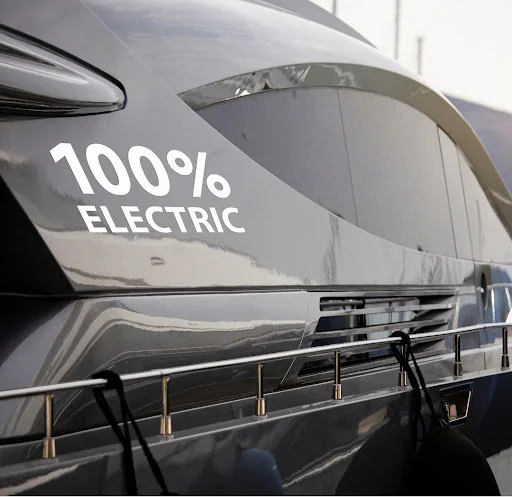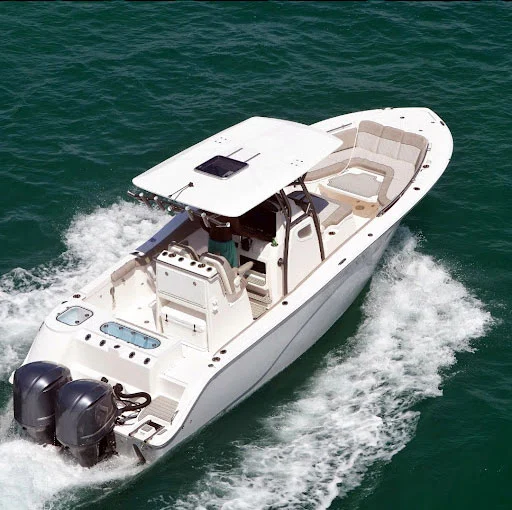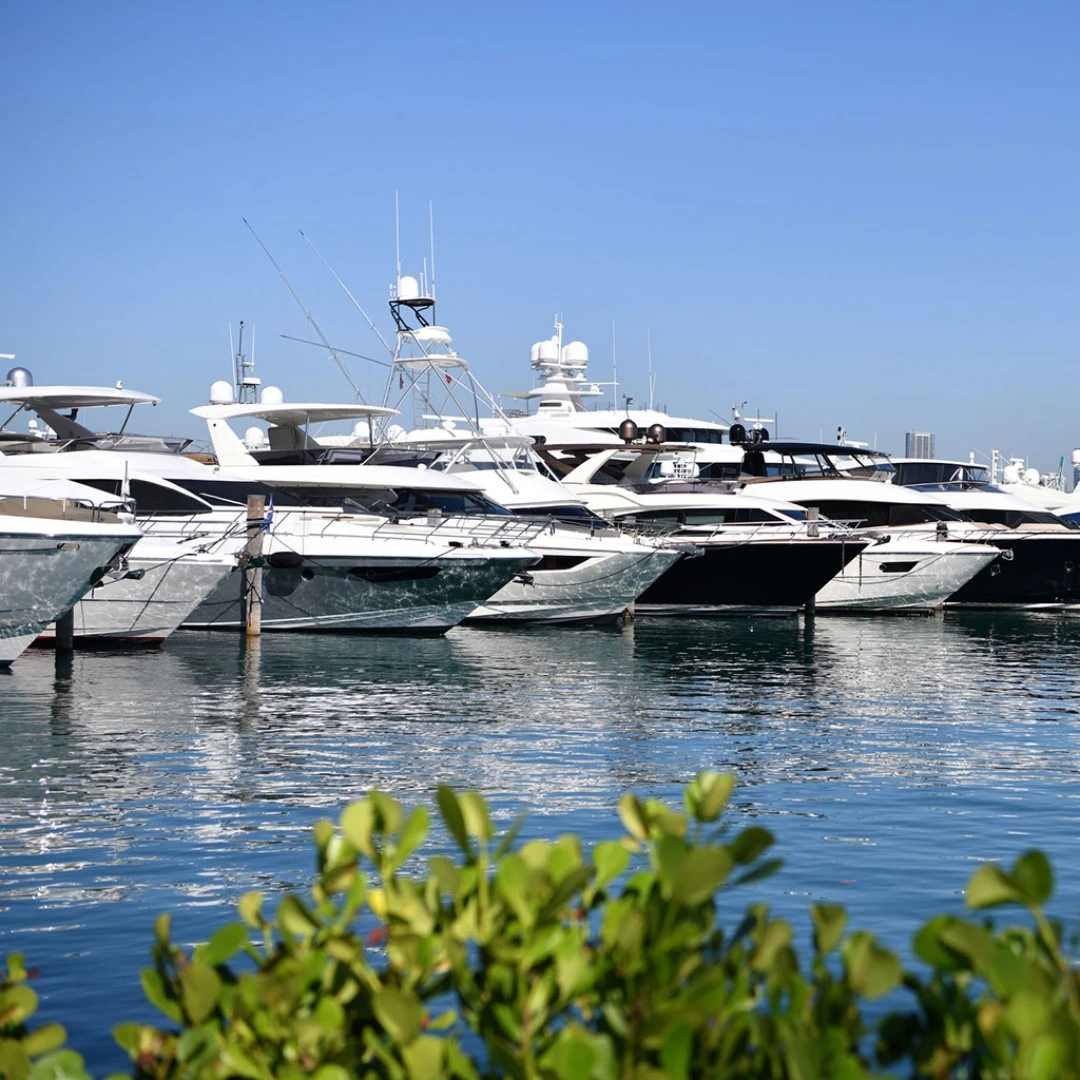The boating industry is constantly evolving, with new technologies, regulations, and trends emerging all the time. To stay informed, boaters need to stay up-to-date on the latest news. This article will provide a brief overview of some of the latest boating industry news.
The rise of electric boats:
The electric boat market is growing rapidly. In 2022, the global electric boat market was valued at $1.5 billion. It is expected to reach $10 billion by 2028, growing at a CAGR of 22%. The electric boat market is growing rapidly due to environmental awareness, government regulations, and technological advancements. Electric boats are more environmentally friendly and efficient, and they are becoming more affordable.
Here are some of the advantages of electric boats:
- They are more environmentally friendly than gasoline-powered boats. Electric boats do not produce emissions, which can help to improve air quality and reduce greenhouse gas emissions.
- They are quieter than gasoline-powered boats. This can be an advantage in areas where noise pollution is a concern, such as near beaches or wildlife sanctuaries.
- They are often more efficient than gasoline-powered boats. This means that they can travel farther on a single charge.
- They are typically easier to maintain than gasoline-powered boats. Electric boats have fewer moving parts, which means that there is less that can go wrong.
However, there are also some disadvantages to electric boats:
- They are more expensive than gasoline-powered boats. The upfront cost of an electric boat can be higher than the cost of a gasoline-powered boat.
- They have a shorter range than gasoline-powered boats. Electric boats typically have a range of 100-200 miles, while gasoline-powered boats can have a range of 500-1,000 miles.
- They can be slower than gasoline-powered boats. Electric boats typically have a top speed of 20-30 knots, while gasoline-powered boats can have a top speed of 40-50 knots.
Overall, the rise of electric boats is a positive trend for the environment and for the boating industry. Electric boats offer a more sustainable and quiet alternative to traditional gasoline-powered boats. As the technology continues to improve and the cost of electric boats comes down, we can expect to see even more electric boats on the water in the years to come.

The growing importance of technology:
The boating industry is embracing new technologies, and this is revolutionizing the way people boat. Obviously, some of these have been around for awhile, but are evolving all the time.
AI-Assisted Navigation.
AI-powered navigation uses sensors and AI software to help boats navigate through rough waters with more accuracy and safety.As AI technology continues to develop, we can expect to see even more advanced AI-assisted navigation systems being developed. It has the potential to revolutionize the boating industry by making boating safer, more efficient, and more enjoyable.
Autonomous boats:
Autonomous boats are boats that can operate without human intervention. These are still in the early stages of development, but they have the potential to revolutionize the boating industry.
Hydrogen cells:
Hydrogen fuel cells are a game-changing, zero-emission alternative for boats. By fusing hydrogen and oxygen to generate electricity, water, and heat, they offer efficient and environmentally friendly operation. Ideal for noise-sensitive scenarios, like fishing and patrol vessels, hydrogen cells ensure quick refueling and convenience. Despite challenges, including cost and infrastructure, the ongoing technology evolution points towards a promising future with more hydrogen-powered boats.
Augmented reality (AR)
displays are revolutionizing boating by overlaying digital information on the real world. This gives boaters more detailed information about their surroundings, such as the depth of the water, the location of underwater objects, and other relevant information

Regulatory Changes
In addition to these trends, there are also a number of recent regulatory changes. These include:
The new EPA emissions standards for boats:
The EPA has implemented new emissions standards for boats in 2023. These standards apply to all new boats with gasoline engines that are 30 horsepower or more. They are designed to reduce air pollution from boats by 90%. Boat dealers will need to make sure that their inventory meets the new standards.
Here are the key changes in the new standards:
- The standards have been tightened for both gasoline and diesel engines.
- The standards now apply to a wider range of boats, including smaller boats and boats with less powerful engines.
- The standards have been made more flexible, so that boat manufacturers can use a variety of technologies to meet them.
The EPA is committed to reducing air pollution from boats. The new emissions standards are an important step towards this goal.
The new Coast Guard boating safety regulations:
The Coast Guard has recently implemented new boating safety regulations in 2023. These regulations are designed to improve the safety of boating by addressing some of the most common causes of boating accidents.
Some of the key changes in the new regulations include:
- A requirement for all boaters to wear life jackets when operating a boat on open water.
- A requirement for all boats to be equipped with a throwable flotation device for each person on board.
- A requirement for all boats to have a fire extinguisher on board.
- A requirement for all boats to have a VHF radio on board.
- A requirement for all boaters to be familiar with the boating laws and regulations in the area where they are boating.
The Coast Guard is also working to promote the new regulations through a variety of outreach efforts, such as public service announcements and educational materials.
New Marine Fuel Tax to Fund Boating Safety and Conservation:
A new marine fuel tax has been implemented in some states to fund boating safety and conservation efforts. The tax is typically levied on the sale of marine fuel, such as gasoline and diesel. The amount of the tax varies from state to state, but it is typically between 12 and 20 cents per gallon.
The marine fuel tax is a way for boaters to contribute to the safety and conservation of the boating environment. By paying the marine fuel tax, boaters can help to ensure that these important programs are funded. The marine fuel tax is still being implemented in some states, but it is likely to become more widespread in the coming years. Boat dealers should make sure that they are collecting the marine fuel tax from their customers.
Here are the states that have implemented a marine fuel tax so far:
- California
- Florida
- Illinois
- Indiana
- Maine
- Maryland
- Michigan
- New Jersey
- New York
- Ohio
- Pennsylvania
- Texas
With continued technological innovations, the industry is constantly evolving, and staying up-to-date with regulatory changes and updates is crucial. Whether it be advancements in materials and designs, or new safety regulations, keeping current with the latest developments can help in making informed decisions and improving overall boating experiences. We can expect even more breakthroughs in the future, making it more important than ever to stay informed and ahead of the curve.
More for you to read:
Is The Future Of Marine Power In Lithium Batteries?








